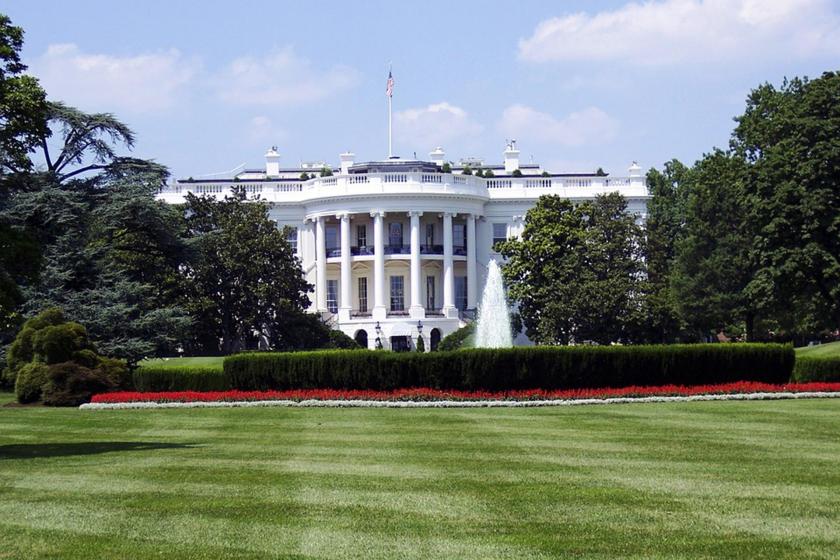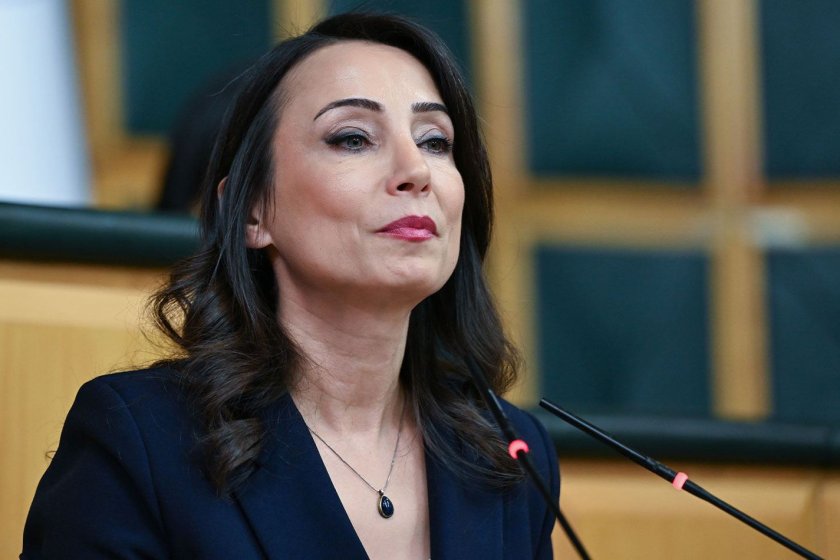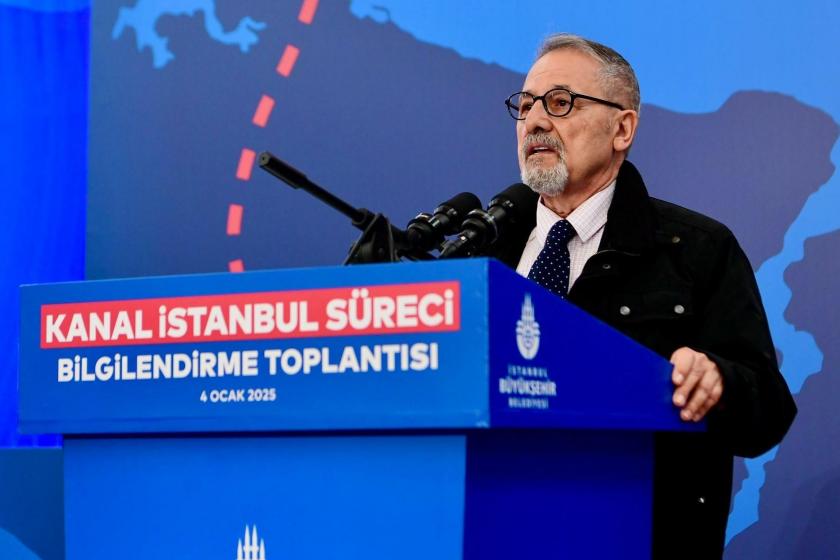State appoints trustees to ‘new process’!
Contrary to the expectations created, the 'new process' does not aim for a democratic solution; on the contrary, it aims to take the lead and keep the process under control through top-down moves and coups.

Fotoğraflar: AA, Halfeti Belediyesi
After the arrest of the mayor of İstanbul's Esenyurt, Ahmet Özer, and the appointment of a trustee in the municipality, the appointment of trustees in the DEM-affiliated municipalities of Mardin Metropolitan, Batman and Urfa Halfeti yesterday crystallises the roadmap of the 'new process' initiated by the government with Bahçeli's statements. The trustee policy, which has been systematically applied in every local election since the coup attempt in 2016 and the state of emergency that was declared afterwards, shows that this regime/regime has continued to exist as a state of emergency regime/regime under which democracy has been suspended since then. The roadmap crystallised by the Trusteeship Policy is as follows: The "new process", which is supposed to be based on Bahçeli's statements on the Kurdish question in the context of the developments in the region (Middle East) and the internal difficulties of the government, does not aim at a democratic solution, contrary to the expectations created, but rather at taking precautions and keeping the process under control with top-down measures and coups.
In the local elections on 31 March, one of the first acts of the AKP, which came second in the elections for the first time since 2002, was to have the judiciary appoint trustees for the Van metropolitan municipality in order to eliminate the moral superiority gained by the opposition. However, the government was forced to back down in the face of pro-democracy protests in many cities and the attitude of opposition groups, including the CHP. Nevertheless, the government took the first opportunity to arrest Mehmet Sıddık Akış, co-mayor of Hakkari Municipality, and appointed a trustee in his place. Akış was sentenced to 19 years and 6 months in prison for 'leading an armed terrorist organisation'. Thus, the ruling bloc has declared that it will continue to keep the Kurdish question and the trustee policy as one of the instruments to shape domestic politics.
The second step of using the practice of trusteeship as an instrument of political design was taken with the arrest of Ahmet Özer, the CHP mayor of İstanbul's Esenyurt municipality, on charges of "membership of a terrorist organisation" on the grounds of "a condolence call" and "mentioning his name in a meeting with Öcalan" and the appointment of a trustee for the municipality. Erdoğan had revealed that this political operation, which had no legal basis, had been carried out on his own instructions with his statements while Özer was still in custody. The arrest of Özer, who was elected with the support of the 'urban consensus' led by the CHP and the DEM party and a significant part of the democratic forces, and the appointment of a trustee to the municipality aimed to do what could not be done in Van and to strike a blow against the moral superiority of the democratic opposition. In other words, targeting the "urban consensus" through Özer was a move by the government to break the unity of the democratic opposition.
This operation also had the aim to create turmoil within the main opposition CHP through nationalist-chauvinist names such as Mansur Yavaş, mayor of Ankara Metropolitan Municipality, and Lütfü Savaş, former mayor of Hatay Metropolitan Municipality, and to open space for new operations that would extend to İmamoğlu.
On the other hand, at a time when the discontent of the working class and labouring people against the government's economic programme is growing, the labelling of democratic politics as "terrorism" is being used as a means to divide the working people and to prevent their struggle. The 'protest bans' that have been announced one after the other by the governorates after the decisions of the trustees show this aspect of the work.
The statement of Mansur Yavaş after the appointment of trustees in Mardin Metropolitan Municipality, Batman Municipality and Halfeti Municipality, "Those who have a criminal conviction against them were made candidates knowing that trustees would be appointed" reminds us of the statement of Justice Minister Yılmaz Tunç before. Minister Tunç had said: "If you nominate people who have been investigated and prosecuted for terrorist organisations, there is a problem.
However, to see that the problem is not the nominated candidates, one only has to look at the arrests of tens of thousands of Kurdish politicians, including party co-leaders, MPs and mayors, since 2016 for their democratic politics and demand for a democratic solution. Even Ahmet Türk, who has dedicated his political life to democracy and a peaceful solution, has been suspended from his post on the grounds of "membership of an armed terrorist organisation", while the demand to nominate a candidate who will not be prosecuted or investigated is actually synonymous with the demand to liquidate Kurdish politics and give up defending the democratic demands of the Kurds. Former Interior Minister Suleyman Soylu had already made it clear that the trustee practice was not based on legal grounds but on political aims when he said that Erdoğan had told him "I instruct you to dismiss them" and that trustees were then appointed in HDP/DEM party municipalities.
Local governments are a means for Kurdish politics to be in touch with the people on a daily basis and to develop alternative policies to the government in many areas such as language education, women, culture and the arts. Therefore, there is no doubt that one of the aims of the trusteeship policy is to cut one of the most important lifelines of Kurdish politics and to use these areas to strengthen their own local bases, from the collaborative capital circles to HUDA PAR.
At this point, it should be emphasised once again that the appointment of trustees in the municipalities of Mardin Metropolitan, Batman and Halfeti after Esenyurt should not be seen as a deviation from the "new process" initiated by Devlet Bahçeli's statement that "Öcalan should declare that he has liquidated the organisation by speaking in parliament and benefit from the "right to hope"", but as one of the signs of the road map. Because the ruling bloc needs to liquidate the Kurdish movement and fragment the democratic opposition in order to be able to support the segments that it is trying to create expectations for a solution.
This roadmap extends beyond the borders to the 'normalisation with Syria' and the negotiations between Erdoğan and Fidan with Russia and the USA on Rojava. The uncertainties and 'possibilities' created by the possibility that Israeli aggression will be further activated in the reshaping of the region after today's elections in the USA force the Erdoğan government to implement a policy of pre-emption on the Kurdish question. Erdogan's request to Putin to "put pressure on Assad to take a step towards "normalisation" with Syria" and Fidan's statement that "some distance, albeit relative, has been taken" in the negotiations with the USA on the SDF/PYD issue show that this policy of pre-emption is carried out through negotiations with the imperialists in the region. However, this policy does not serve a democratic solution at home and peace in the region, but it serves the imperialists to further exploit the problem and leads the country to face new threats for the expansionist ambitions of the Erdoğan government in the region.
The trusteeship, which is an application of the state of emergency regime, shows us once again that there is no way to protect democratic rights, starting with the right to vote, and to build a democratic future except through a united struggle against the power in the country.






Evrensel'i Takip Et